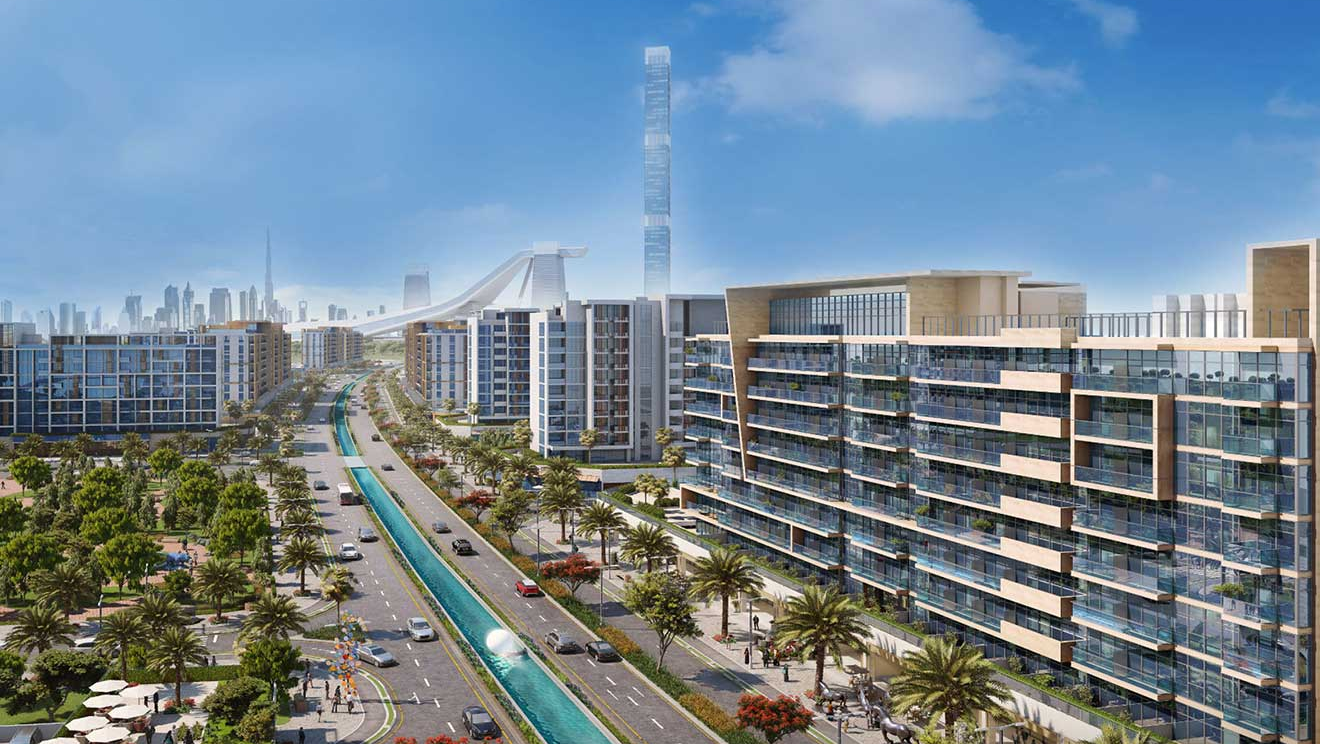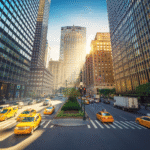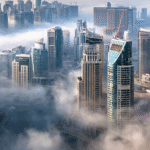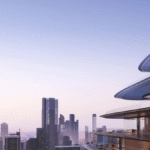Now Reading: Dubai Real Estate Booms Again with Surprising New Trends 2025
-
01
Dubai Real Estate Booms Again with Surprising New Trends 2025
Dubai Real Estate Booms Again with Surprising New Trends 2025

Table of Contents
Dubai’s real estate market is witnessing a remarkable transformation in 2025. From ultra-luxury high-rises to affordable housing, the city is reshaping its property profile to match a fast-evolving global demand. With foreign investments pouring in and government-backed initiatives supporting the sector, Dubai continues to stand strong as one of the world’s most attractive real estate destinations.
This latest market update gives a comprehensive view of the emerging trends, key areas to watch, and the type of buyers redefining Dubai’s skyline and suburbs.
A New Kind of Buyer in the Market
One of the most striking changes in the Dubai real estate scene this year is the shift in buyer profiles. Traditionally dominated by high-net-worth individuals from Russia, China, and the GCC, the market is now welcoming a more diverse set of investors.
Real estate analysts report a rise in first-time foreign buyers from Europe, India, and even Africa. These are not just millionaires or institutional investors, but salaried professionals and mid-income entrepreneurs looking for second homes or stable investment returns.
This change is largely driven by Dubai’s growing reputation as a safe, tax-efficient, and globally connected city. New long-term visa policies and residency options for property investors have also fueled this influx.
Surging Demand in Suburban Communities

While Downtown Dubai, Palm Jumeirah, and Dubai Marina still command high demand, there is a noticeable spike in interest for suburban and newly developed communities. Areas like Dubai South, Jumeirah Village Circle (JVC), and Town Square are rapidly gaining popularity due to their affordability, modern infrastructure, and family-friendly amenities.
According to a Q2 2025 report by Property Monitor, prices in Dubai South have risen by over 14% year-on-year, while JVC saw a 9% increase in rental yields. These zones are especially attractive to younger buyers who seek space, value, and community living – something harder to find in central districts.
Strong Performance in Luxury Segment
Despite the growing popularity of mid-range and suburban housing, Dubai’s luxury real estate market remains strong. In fact, ultra-prime properties are breaking records in 2025.
A villa on Palm Jumeirah recently sold for AED 215 million, setting a new benchmark for beachfront homes. Developers like Emaar, Damac, and Sobha are also launching exclusive projects targeted at ultra-rich buyers from Europe, the US, and Asia.
The luxury segment is supported by Dubai’s continued investment in lifestyle infrastructure, including golf courses, marinas, five-star resorts, and Michelin-starred dining options. This creates a lifestyle package that few global cities can match.
Government Initiatives Powering the Sector
Dubai’s real estate recovery and growth are no accident. The government continues to play a key role in shaping the market with progressive policies and business-friendly reforms.
Some of the most notable initiatives include:
- 10-year golden visa for investors and professionals in key sectors
- No income tax and low corporate tax for property businesses
- Flexible payment plans and mortgage options for residents and foreigners
- Improved property laws to protect buyers, tenants, and developers
Additionally, the Real Estate Regulatory Authority (RERA) has increased oversight to ensure transparency in property listings, broker practices, and developer compliance. This has helped boost investor confidence and reduce risks.
Technology and Sustainability: The New Norm
Technology is becoming a defining feature of Dubai’s real estate profile. Virtual property tours, digital contracts, blockchain-based property registries, and AI-powered investment tools are now common in the buying and selling process.
Developers are also focusing more on green buildings, solar-powered homes, and smart city features. The push for sustainability aligns with the UAE’s Net Zero 2050 goals and is becoming a key deciding factor for younger and international buyers.
Smart communities like Tilal Al Ghaf and The Sustainable City are already setting new standards with their eco-friendly masterplans and digital integration. As awareness around climate change grows, this trend is expected to dominate future developments.
Market Outlook: What Lies Ahead?

Industry experts remain optimistic about the Dubai real estate market. The city is expected to maintain its strong growth throughout the second half of 2025 and into 2026.
The key reasons for continued strength include:
- Expo 2020 legacy developments boosting tourism and commercial growth
- Increasing number of digital nomads and remote workers relocating to Dubai
- Strong rental yields and capital appreciation potential
- Government’s commitment to economic diversification and foreign investment
That said, experts also advise caution and research, especially for first-time buyers. The market remains competitive, and while there is growth, buyers must analyze location, developer reputation, and property type carefully.
Final Thoughts
Dubai’s real estate market in 2025 presents a rich mix of opportunity, innovation, and global interest. From luxury waterfront properties to affordable family homes in up-and-coming areas, the city is offering something for every type of buyer and investor.
The new profile of Dubai’s real estate is not just about buildings. It’s about lifestyle, freedom, long-term planning, and a vision that aligns with both local and global aspirations.
As Dubai continues to evolve, its property sector is proving to be not just resilient but also remarkably dynamic a true reflection of the city’s ambition and adaptability.
Read More:-Shobha Realty Launches Its Most Luxurious Project Yet—Full Details Inside 2025






















